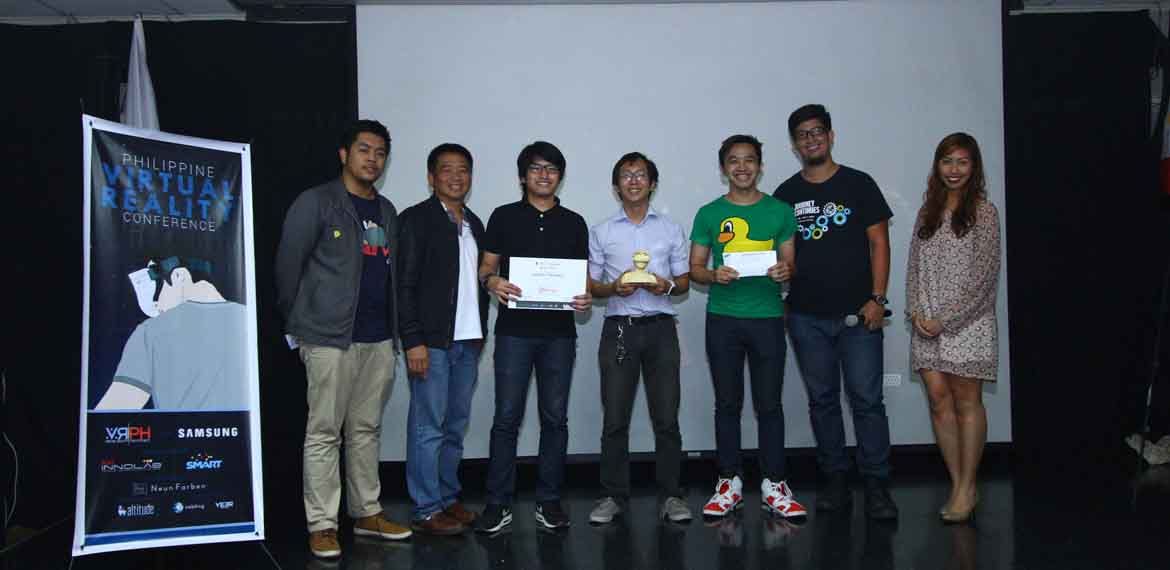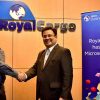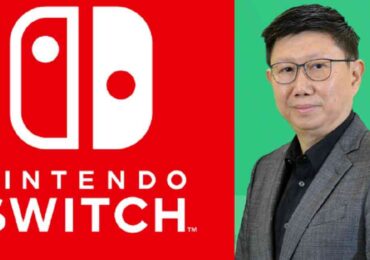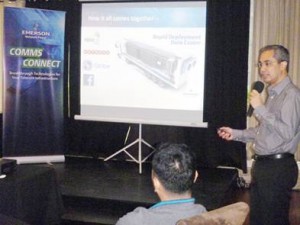During the conference, informative talks were held on several related topics such as the VR industry profile, ways on how to make VR social, the community’s best practices, and the potential of VR for the corporate world, institutions, cultural preservation and the academe.
To illustrate the scientific yet fun-filled event, Ace Lobos, the leader of a group of young artists and developers called Team Supremo, appeared more like an excited party guest—fist bumping and cracking jokes—than a grim and determined technician while doing the finishing touches to his team’s entry, a VR game called “The Leaning Tower of Piza.’
“(We) aim to develop a game (that) would appeal to both gamers and developers, and to showcase our skills and creativity while learning and exploring the world of virtual reality,” Lobos said. Team Supremo’s work was awarded The Best Game in the competition.
Team VROS (Diwata VR) bagged the Overall Winner as it was awarded the Most Innovative Use of VR and Best Application titles. The team is composed of Paolo Espiritu, John Hay Supetran and Mark Joseph Basibas who are now richer with Php50,000 worth of Samsung gift certificates plus Samsung Gear VRs and trophies.
The team’s entry is the Virtual Reality Simulator for the Diwata-1 microsatellite, an app for students who wish to learn how to program the satellite by interfacing with an Arduino or Raspberry Pi over Bluetooth which, in turn, simulates accurate rotation movements and sensor measurements in space as well as a breathtaking view of the Earth.
Diwata-1 is also known as PHL-Microsat-1, a Philippine microsatellite launched to the International Space Station (ISS) on March 23, 2016 and was deployed into orbit from the ISS on April 27, 2016. It is the first Philippine microsatellite and the first satellite built and designed by Filipinos.
Espiritu, who was part of the group who helped build the microsatellite and spokesperson for Team VROS, said that “VR has a lot of potential for education, for learning, we can use it to teach physics, chemistry and other sciences. Not necessarily just for aerospace engineering,”
Team Arstar (Nayong Pilipino VR) went home with the Most Immersive Award and Best User Experience. Team members also received trophies and Samsung Gear VRs.
VR Philippines founder Christopher David commended PLDT for the partnership initiative with the VR community.
“We are thankful for everything that PLDT has provided us—from housing our event in Innolab to providing data connectivity (which) truly helped in making this event a success,” David said.
Other sponsors of the successful event are SMART, Neun Farben, Chibot Media, VEER, Altitude Games and Vobling.












